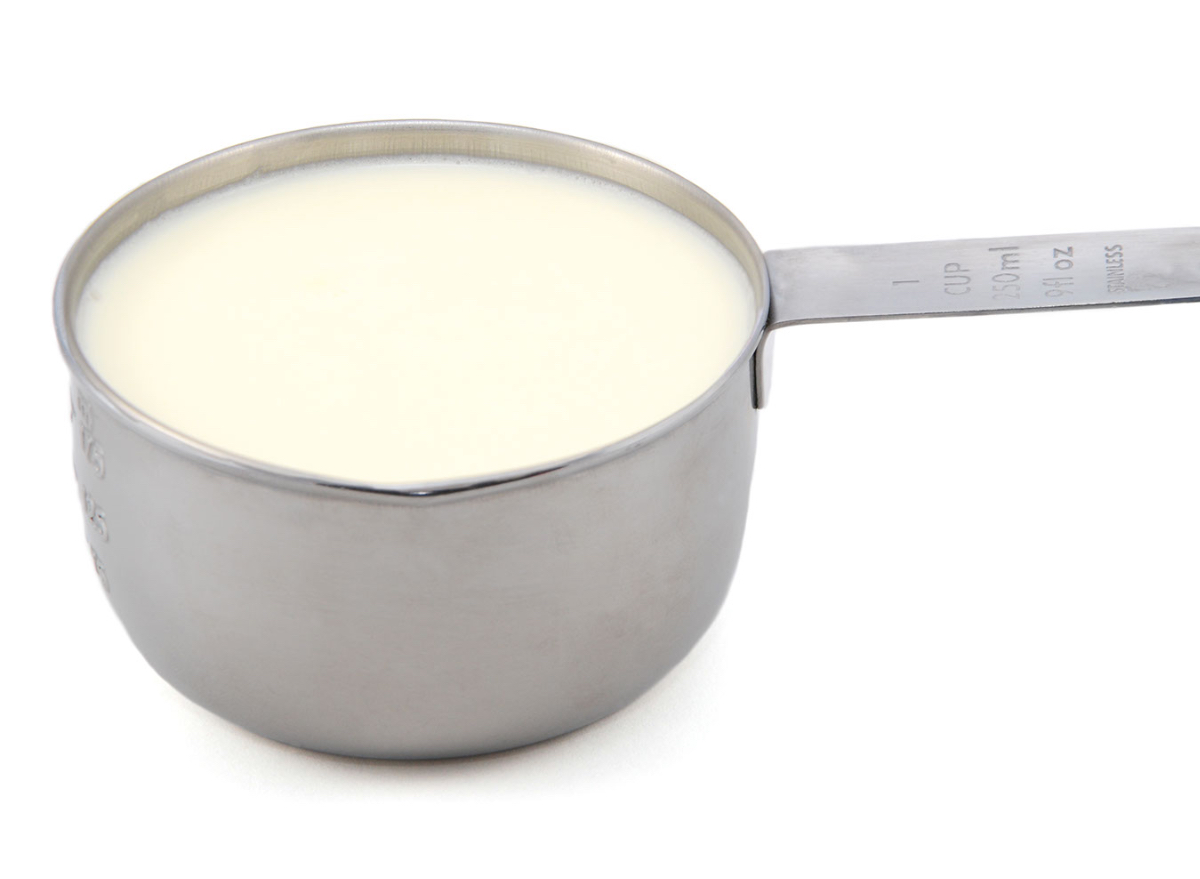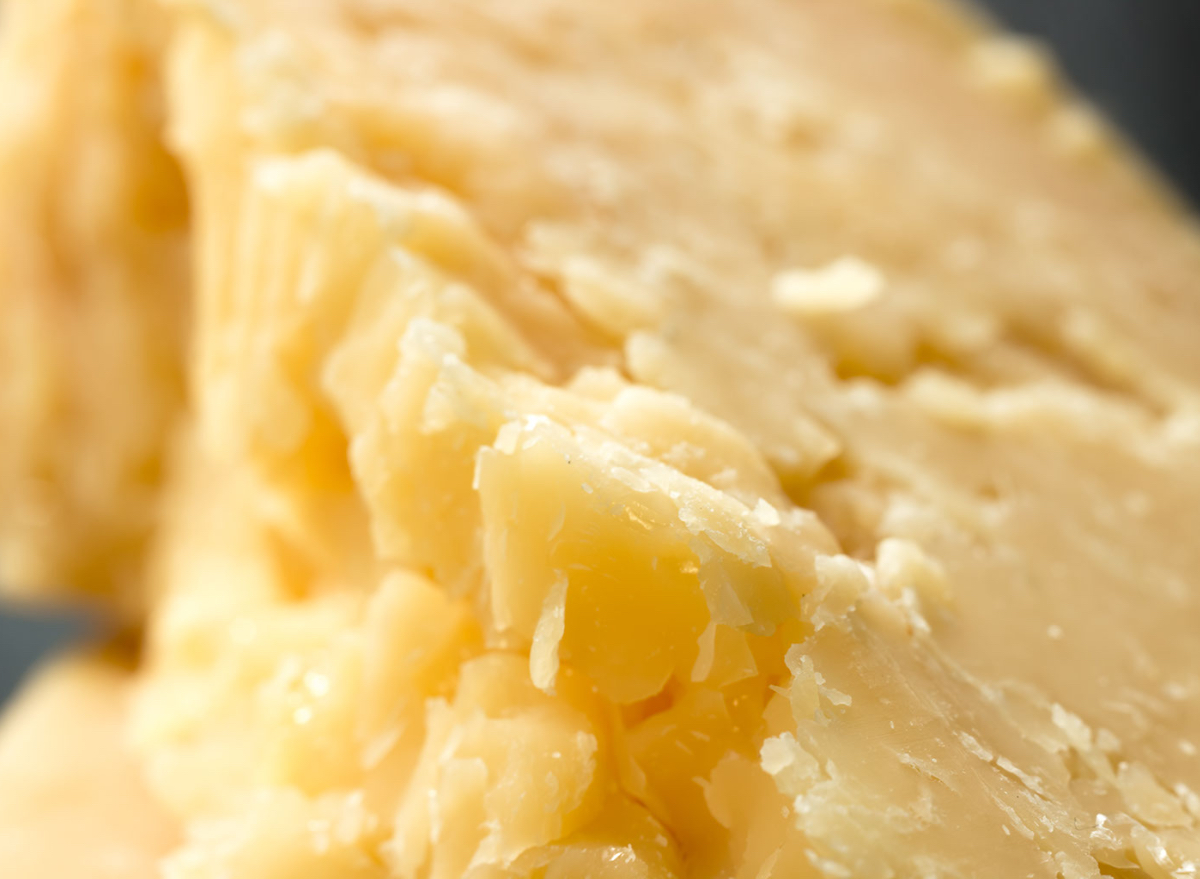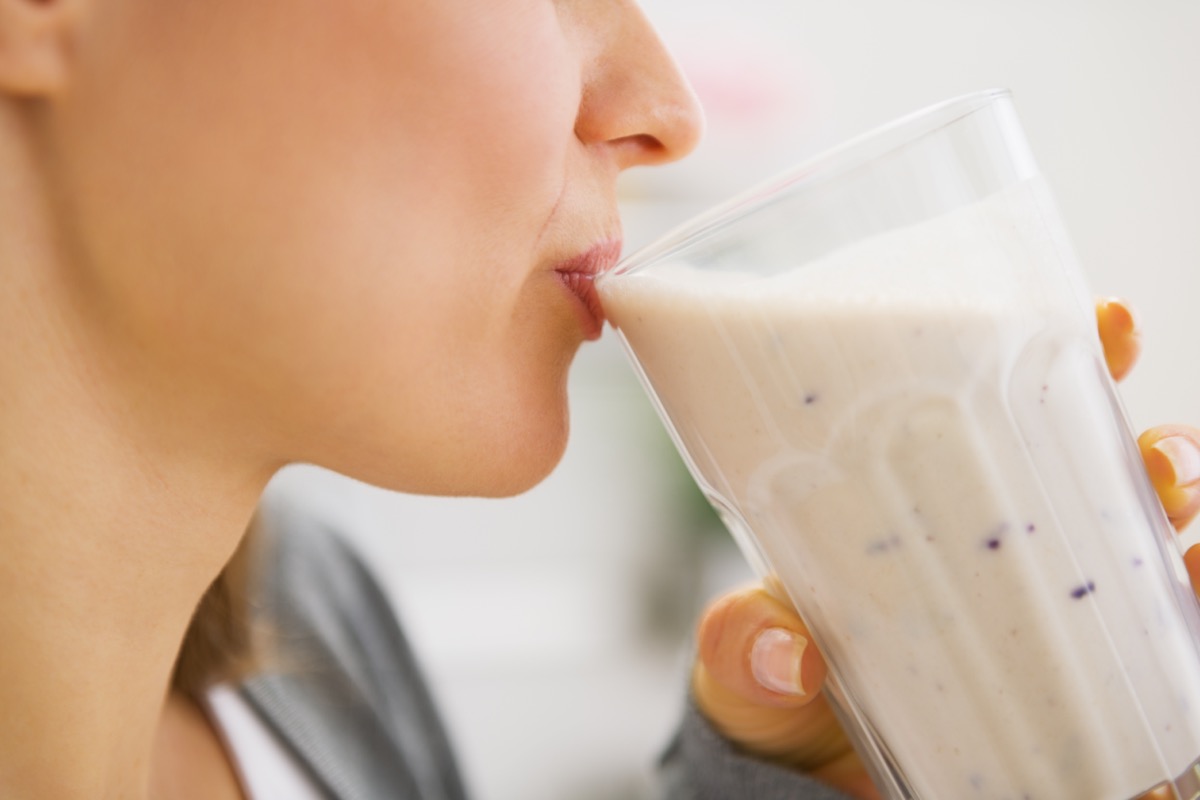When you hear new information about the impact of diet on diabetes, sugar is usually the ingredient that gets attention. However, a new study suggests there's a totally different category of foods that may play a key role in the development of diabetes.
Last week, a team of researchers from Canada's University of Alberta and Shahid Beheshti University of Medical Sciences in Iran published a new study in Nutrition Journal. In it, the researchers—a team specializing in dietetics, endocrinology, and food science—explored how dairy foods might lead to Type 2 diabetes (the type typically induced by a poor diet) among patients who were already at risk.
Over three years, they tracked the diet patterns of 639 participants (a 50-50 male/female split) who had been diagnosed as pre-diabetic. Then, nine years after the start of the study, they measured how many of those pre-diabetic patients had developed Type 2 diabetes.
At the nine-year mark, 25% of the cohort had developed diabetes. Continue to learn what dairy products affected patients, and how.
Less dairy was linked with higher diabetes risk.

The authors say when compared with participants whose dairy intake remained stable, those who lessened their consumption of total dairy by more than half a serving per day experienced a higher risk of developing Type 2 diabetes.
Turns out, the fat content delivered even more specific effects…
Low-fat dairy was linked with lower Type 2 diabetes risk.

The researchers report that increasing low-fat dairy consumption by half a serving per day was associated with a lower risk of Type 2 diabetes, compared with consumption levels that more or less didn't change.
Low-fat milk and yogurt made the biggest impact.

Specifically, participants who increased consumption of low-fat milk and low-fat yogurt saw an average of 43% lower Type 2 diabetes risk than those who whose consumption also didn't change significantly.
Increasing low-fat yogurt intake, and decreasing full-fat yogurt, led to a 27% lower risk of Type 2 diabetes.
Cheese increased the risk.

The researchers also observed that when regular (full-fat) cheese replaced low-fat milk, it increased the risk of Type 2 diabetes by 66%. When this cheese replaced low-fat yogurt, the risk was 47% higher.
Possible explanations…

Possible reasons for these findings, as the researchers note, is that when low-fat dairy consumption increases, it may replace the consumption of less healthy foods. (As one example, a cup of fruit-flavored yogurt may be a desirable substitute for ice cream for a person who's craving something creamy and sweet.)
They also note that fermentation in yogurt may positively affect the way the body processes sugar, no matter the yogurt's fat content, as they share what other studies have found: "Yogurt consumption, regardless of fat content, was associated with a lower risk of [Type 2 diabetes]."
No comments:
Post a Comment